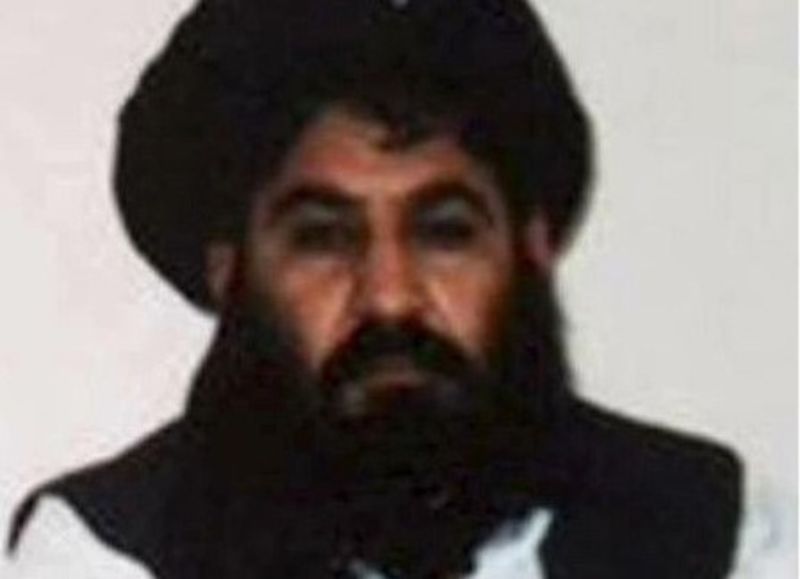By Jibran Ahmad
PESHAWAR, Pakistan (Reuters) - Weeks after the Afghan Taliban's biggest battlefield success since 2001, dissident commanders unhappy with their new leader Mullah Akhtar Mohammad Mansour are meeting to choose a rival, they told Reuters on Tuesday.
Analysts say the recent brief occupation of the northern city of Kunduz has cemented Mansour's power, boosting his reputation among foot soldiers and causing the U.S. government and NATO to slow plans for withdrawing their troops.
But in the opaque maneuvering around the Taliban leadership, it is unclear whether the anti-Mansour faction will seek to challenge him on the battlefield, how many fighters they control or how much money they have.
A leadership battle within the Taliban could create space for militants loyal to Islamic State to expand their foothold in the region, and could discourage Mansour from resuming Pakistan-backed peace talks with the Afghan government.
Afghan President Ashraf Ghani is pushing for a negotiated settlement to the 14-year insurgency, which has escalated markedly since tens of thousands of NATO combat troops withdrew ahead of an end-2014 deadline.
The two sides held inaugural talks in Pakistan in July, but many commanders, including prominent dissident Mullah Abdul Qayum Zakir, opposed the process. It has since stalled.
Mullah Abdul Manan Niazi, a spokesman for the anti-Mansour faction, said a new leader would be chosen within days.
"There is one agenda, and that's to choose the new emir (leader) unanimously and get rid of Mullah Mansour," he said.
Niazi said the dissident commanders would not accept Mansour despite the Taliban's brief occupation of Kunduz earlier this month, their most important military success since the U.S.-led invasion toppled the Taliban government in 2001.
Just weeks after the peace talks, Mansour was hastily appointed head of the Afghan Taliban when Kabul's intelligence agency leaked news that Mullah Omar, the reclusive one-eyed founder of the Taliban, had been dead for more than two years.
During that time, Mansour issued statements in Omar's name, a subterfuge he said was necessary to unify the insurgency. But many commanders were furious over the deception and refused to accept him.
A spokesman for Mansour was not immediately available for comment.
ALLIANCES AND CASH
One complicating factor is Mansour's relationship with neighboring Pakistan. Mansour appointed Sirajuddin Haqqani, a militant leader alleged to have close ties to elements in the Pakistani military, as his deputy.
Taliban insiders say that was partly to offset the influence of Zakir, a prominent commander formerly held in the U.S. prison at Guantanamo Bay.
Zakir used to be an aide to Mullah Omar, until Mansour replaced him, and is a prominent member of the anti-Mansour alliance. The Taliban say Zakir has a power base in his home province of Helmand, but Mansour has more money and men.
"In our faction, there are brave and trained people, but we don't have as many resources as Mansour," said one anti-Mansour commander.
"For more than two years, he controlled all the resources. Nobody challenged him, as he would say: 'It's Mullah Omar's orders'," he added.
The dissident Taliban faction includes Niazi, a former Taliban provincial governor close to Mullah Omar; Zakir; Mullah Hasan Rahmani and Mohammad Rasool, two Taliban leaders with substantial power bases; and Mullah Abdul Razaq, a former Taliban interior minister.

The dissidents say they also have the support of Tayyab Agha, the former head of the political office in Qatar.